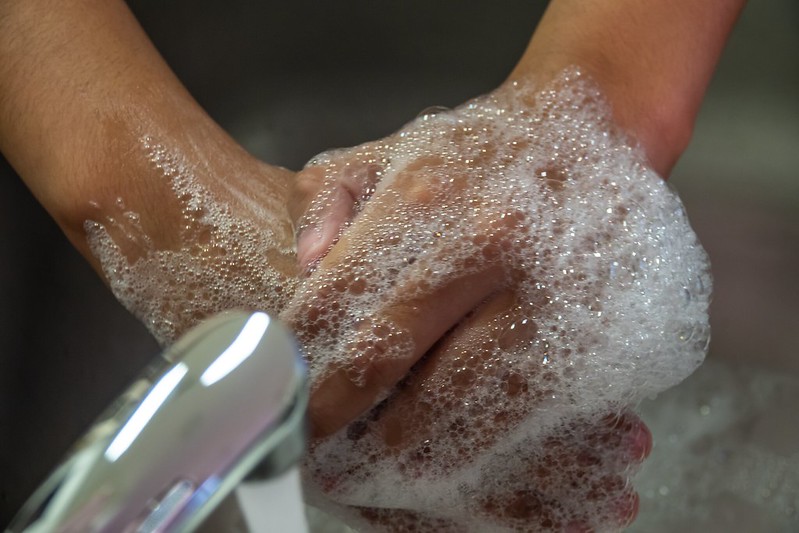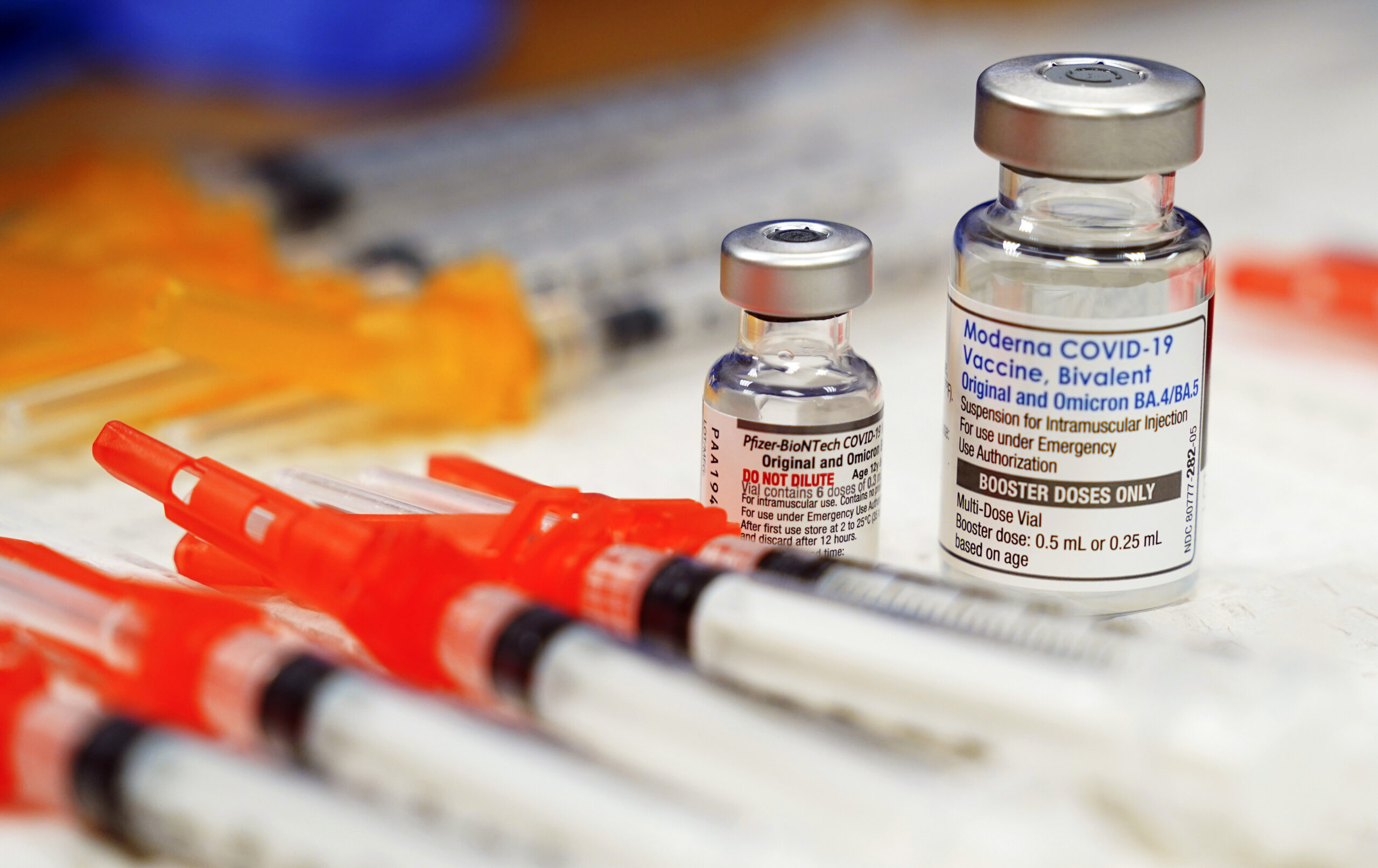My dear readers, we are in the middle of a COVID-19 pandemic. I know I’m not telling you something you don’t know already. What you might not realize is that there is another epidemic shadowing the spread of this new coronavirus: the panic and anxiety epidemic. As a great society, we have to attend to both of these simultaneously, or we’ll lose our way, lose our fight. So let’s start with COVID-19.
Use reliable sources for your information. There are bad actors out there who want your money. Scammers prey on people in times like these to get their money, their health information, their Social Security number. It’s not a small thing — this always happens with every disaster. So go to reliable sources and ignore the other chatter. For up-to-date medical information, I refer to the Centers for Disease Control and Prevention, Johns Hopkins University and the Mayo Clinic. I think they are good primary sources that I trust.
As for news, I check out The New York Times and The Wall Street Journal. They may have differing political views — just one look at the editorials shows that — but when it comes to reliable sourcing on science and medicine, I find them both top-notch. Look to your local newspaper, such as the Wisconsin State Journal, to keep you up to date with what is happening nearby.
News with a little more humanity
WPR’s “Wisconsin Today” newsletter keeps you connected to the state you love without feeling overwhelmed. No paywall. No agenda. No corporate filter.
Science is messy. I love saying that because it’s true. One day you may read that COVID-19 does this and the next day be told it does that, not the other thing. That’s because we don’t yet know much about this viral terrorist. We’re learning along the way. There are good examples here, as of this writing.
One doctor recently told me they read that ACE inhibitors, common drugs used to treat high blood pressure and heart failure, would send COVID-19 critical patients to ventilators. Then the American Heart Association, the Heart Failure Society of America and the American College of Cardiology issued a joint statement indicating this is not the case and reiterating that patients taking these drugs should not stop using them if they contract the virus.
Another doctor told me that patients with an upper respiratory infection should not take an NSAID (nonsteroidal anti-inflammatory drug) because the infection might be caused by the new coronavirus and the NSAID would make things worse. When I researched this, I found that the European Medicines Agency said there is currently “no scientific evidence” to support this. Yet another source said that the World Health Organization argued NSAIDs should not be used, citing a doctor in France who hypothesized this from research discussed in The Lancet journal. The federal Food and Drug Administration found no scientific evidence connecting NSAIDs to worsening COVID-19 symptoms, but it is still investigating.
As of this writing, it’s still not clear to me which information is correct. Why? Because it’s not clear to researchers. But the bottom line is that anti-inflammatory drugs might not be safe for respiratory infections possibly caused by COVID-19, making acetaminophen (such as Tylenol) the safe choice.
Messy science — we just don’t know. When this flashed on the internet in Costa Rica, all bottles of acetaminophen flew off the shelves. This hoarding made it impossible for people to who need the drug, who can’t tolerate NSAIDs, to buy it. — Unanticipated consequences as we muddle our way through this war on the virus.
My spin: Even with good sources, we don’t always have clear-cut answers to all medical questions, especially when it comes to emerging issues such as this.
In the case of COVID-19, we do know that hand washing is critical; that you should stay home if you’re sick — also critical. We know social distancing is crucial and if you think you’re getting sick, it’s vital to call your health care provider to see what steps you can take. These are rock-solid strategies during this war against COVID-19.
Next week, I want to discuss the other epidemic — COVID-19 anxiety, fear and what to do about it. Stay well, and this time I will add: Stay safe at home.
Wisconsin Public Radio, © Copyright 2026, Board of Regents of the University of Wisconsin System and Wisconsin Educational Communications Board.




